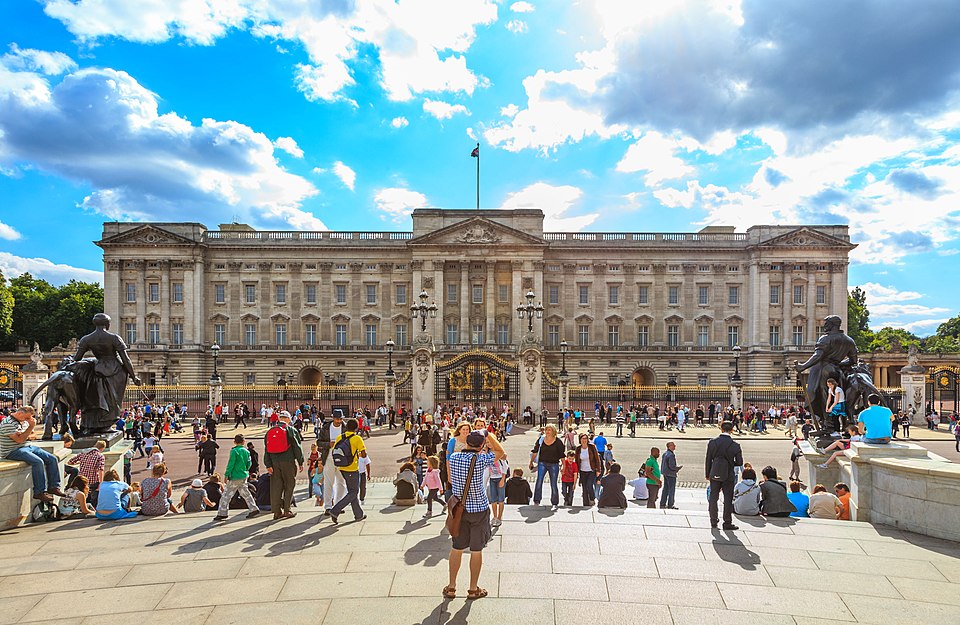
London could soon join other major global cities in charging visitors an overnight tourist levy, under plans expected to be unveiled by the chancellor in the coming months.
Chancellor Rachel Reeves is preparing to hand new fiscal powers to the capital through the English Devolution and Community Empowerment Bill, currently progressing through Parliament. Among them is the authority for City Hall to introduce a visitor tax — a move long championed by Mayor Sadiq Khan.
City Hall has argued for years that a levy could provide a significant financial boost. Estimates suggest a London-wide tourist tax could raise as much as £240m annually. London hosted around 89 million overnight stays in 2024, making it one of the world’s busiest tourist destinations.
England the outlier
England is the only G7 nation where central government blocks local leaders from imposing tourist taxes. Scotland and Wales have already moved ahead: Scottish councils can set percentage-based levies, while Welsh authorities will begin collecting a flat £1.30 per night from 2026.
How a London levy could work
The Greater London Authority recently commissioned the think tank Centre for Cities to examine options for devolved taxation. Its review found three main models used in major global cities such as Paris, Milan, Munich, Toronto, New York, and Tokyo: percentage-based charges, flat nightly rates, or tiered fees linked to accommodation type.
New York, which applies a percentage rate, raises almost £500m a year — about £14.86 per visitor per night. Tokyo, by contrast, relies on a flat fee and generates only £35m despite far higher visitor numbers. Because the UK lacks a formal hotel star-rating statute, researchers concluded London would be best suited to either a percentage or flat-fee approach.
Previous GLA modelling suggested a £1 daily levy could yield £91m a year, while a 5% charge might deliver £240m.
Importantly, the think tank argues London is unlikely to see a significant drop in tourism if it adopts a levy in line with comparable cities, noting that demand for top-tier destinations tends to be resilient.
Potential benefits
Centre for Cities says a well-designed levy could support local growth, improve infrastructure and give the mayor flexibility to adjust rates around major events — just as Toronto plans to ahead of the 2026 World Cup.
Chief executive Andrew Carter encouraged ministers to mirror Scotland’s approach, calling it “flexible” and responsive to fluctuations in visitor numbers. Revenues, he said, should remain with local government and ideally be shared between City Hall and borough councils.
Hospitality industry pushback
The hospitality sector reacted critically to the proposals. UK Hospitality chair Kate Nicholls described the idea as “shocking”, arguing it would hit domestic travellers as well as international tourists.
“This will have a really big impact on British consumers,” she said. “Customers are already paying the highest tax. If we tax them out of coming to London, we will tax the London economy out of jobs, growth and investment.”
Boroughs divided, but many in support
Some boroughs have been calling for a levy for years. Westminster Council leader Adam Hug said local residents currently subsidise services used by millions of daily visitors, and an overnight tax would help “redress that imbalance”.
Other boroughs, including Southwark and Brent, have also expressed support.
City Hall’s position
A spokesperson for the mayor said City Hall would not comment on “speculation” but reiterated that a “modest tourist levy” could strengthen London’s global standing and support growth.
What happens next?
Although the government is expected to confirm the changes soon, no formal announcement has been made. A spokesperson for the Ministry of Housing, Communities and Local Government said ministers remain “open to hearing views”, noting that councils can already use Accommodation Business Improvement Districts (ABIDs) to introduce local levies. Richmond Council is currently exploring such a model.
If a London-wide tax is introduced, existing ABIDs would likely be superseded. Photo by Chiugoran, Wikimedia commons.


































